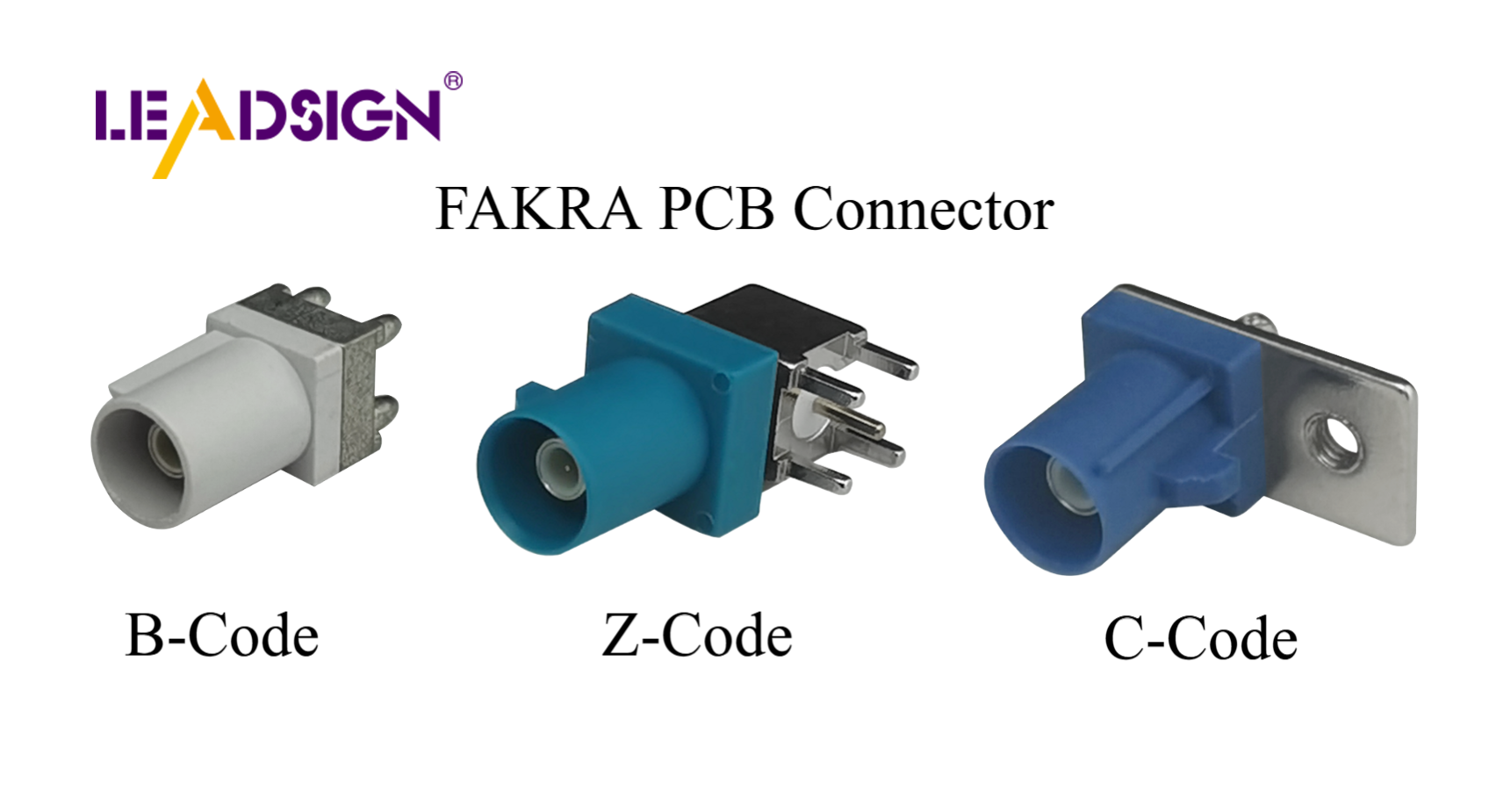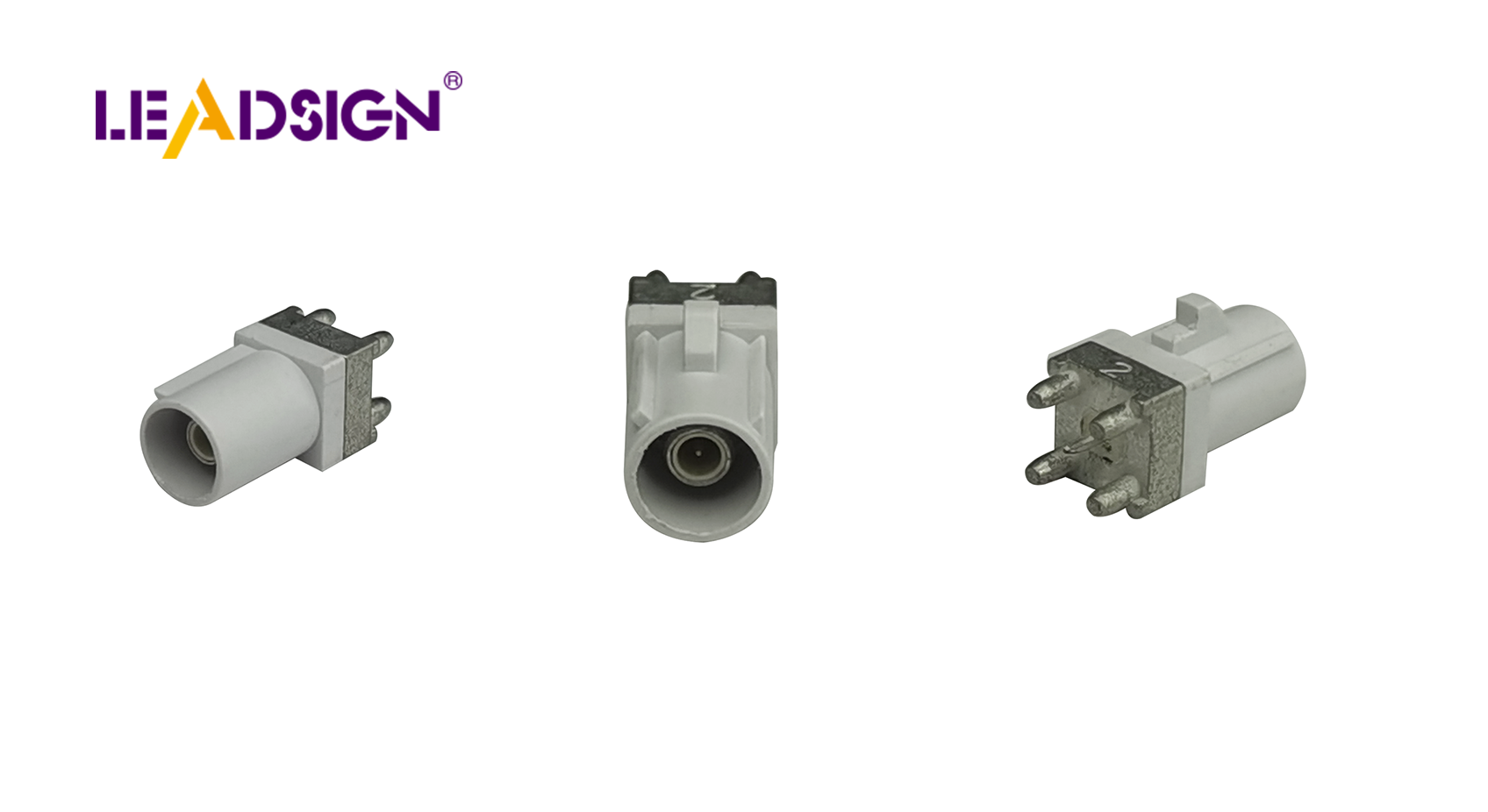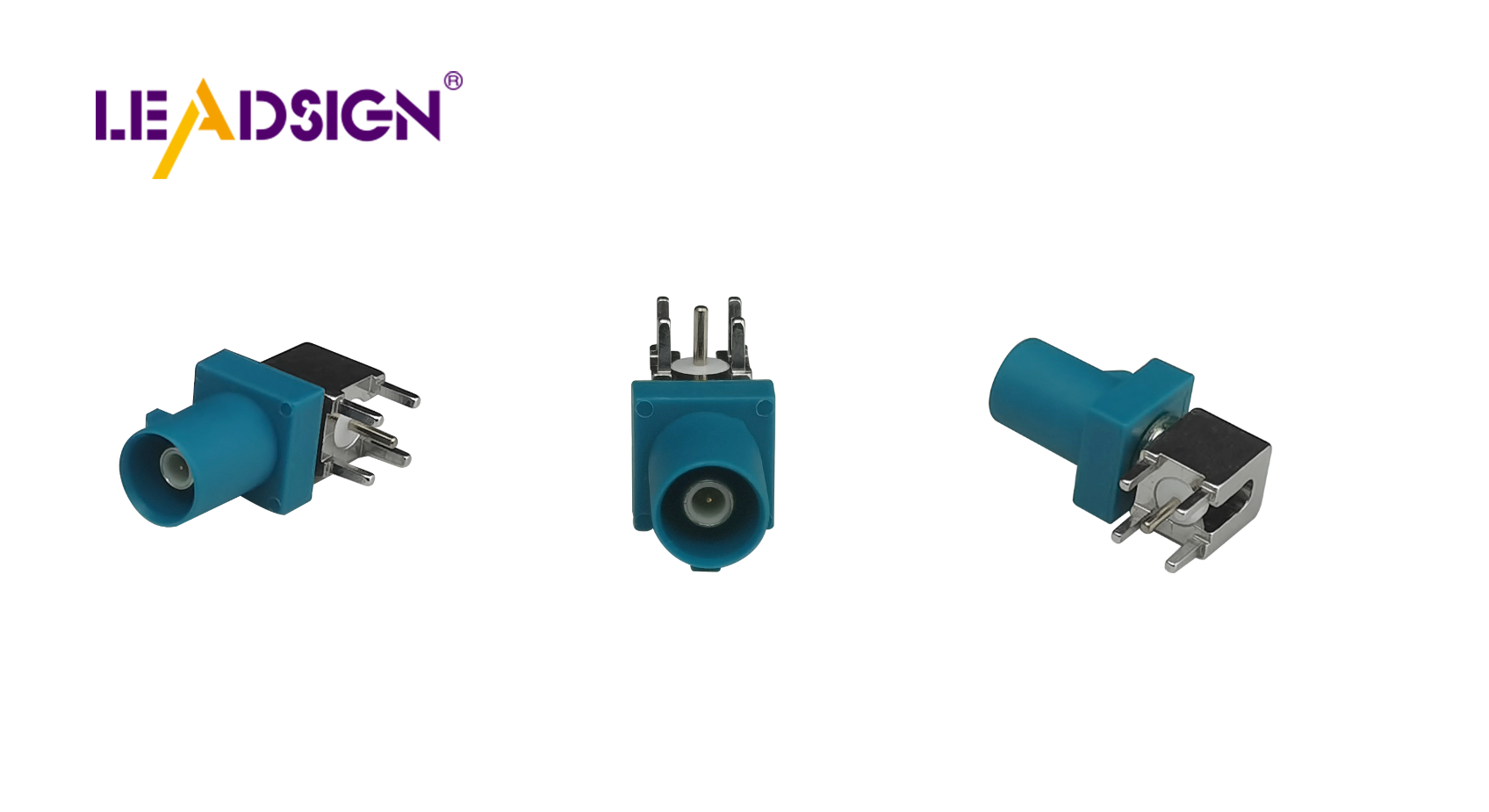Key Considerations for Choosing Car Stereo Wire Connectors

Choosing the right auto harness connectors for your car stereo is crucial. Poor-quality connectors can result in issues such as weak signals or rust, and they may even fail entirely. High-quality auto harness connectors ensure clear sound and help keep your vehicle safe. Your car deserves the best, so avoid opting for cheap alternatives!
Key Takeaways
Pick good connectors for clear sound and no rust problems.
Use connectors that match your stereo to avoid harm and work well.
Find connectors with locks and weatherproofing for strength and easy setup.
Compatibility and Fit

Matching auto harness connectors to your car's stereo system
When picking connectors, make sure they fit your stereo. A wrong fit can harm your system or make it work poorly. To choose wisely, think about these points:
Factor | Description |
|---|---|
Environmental Conditions | Check if they can handle heat, cold, or dirt. Choose ones with good protection to last longer. |
Mechanical Factors | Pick connectors with locks and strain relief. These keep them steady during bumps or shakes. |
Type of Termination | Choose between soldering, crimping, or screw-on types. Each has good and bad points, so pick what suits your setup. |
Material | Plastic is light and strong, while metal works for tough jobs. |
Signal Integrity | Use connectors with gold or silver plating to keep signals clear. |
Interchangeability | Get connectors that work with many brands. This makes replacing easier. |
By thinking about these things, you can avoid problems and keep your stereo working well.
Understanding automotive electrical connectors and industry standards
Car connectors must follow rules to stay safe and work well. Common rules include:
USCAR-2-6
QC/T1067-2017
GMW
These rules help make connectors strong for tough use. Buy ones that meet these rules for safety and reliability.
Ensuring compatibility with OEM or aftermarket automotive connector systems
OEM connectors are made for your car and fit perfectly. They work well and are reliable. Aftermarket ones might not match your car's wiring. This can cause problems with your stereo. If unsure, check your car manual or ask an expert for help.
Durability and Material
Picking strong materials for lasting performance
The material of car stereo connectors is very important. You need something strong that works well for a long time. Plastic and metal are common choices. Here's a simple comparison:
Material Type | Description |
|---|---|
Plastic | Light but strong, great for most car uses. |
Metal | Best for tough jobs, very strong in hard conditions. |
Good wires and connectors improve signal flow and last longer. For example, oxygen-free copper (OFC) wires are better than cheaper ones like copper-clad aluminum (CCA). They resist damage and work better over time. Choosing the right materials means fewer problems and replacements.
Checking resistance to damage
Car connectors face many challenges like bumps, heat, and water. To keep them working, look for features like locks and strain relief. These keep connectors tight even on rough roads. Also, check if they are rated for tough conditions. Some have an IP rating, showing how well they block dust and water. Picking connectors with these features helps them last longer.
Looking at the quality of car connectors
Good quality connectors keep your stereo working well. Check if they can handle heat, dirt, and other tough conditions. Choose plastic or metal based on your needs. Also, think about how wires connect—soldering, crimping, or screw-on methods affect performance. Make sure they fit with different brands for easy replacement. By focusing on these points, you can trust your connectors to work reliably.
Electrical Performance
Safe current and voltage levels
When picking connectors, check their current and voltage limits. These limits show how much power they can handle safely. If the limits are too low, it could harm your stereo. It might even cause short circuits. Always match the limits to your car's system. This keeps everything working well. Choosing connectors with extra safety room is smart. They can handle sudden power spikes without problems.
Keeping sound signals clear
Clear sound needs good signal flow. Bad connectors can cause sound loss or noise. To avoid this, pick connectors with low resistance. Gold or silver-plated ones work best for this. They improve sound quality by reducing resistance. If your stereo uses fast data, get special connectors. These keep sound clear by lowering unwanted effects. Small choices like these improve your music experience.
Stopping interference and power issues
Interference can mess up your stereo's sound. It comes from nearby wires or devices. Use connectors with shields to block this interference. Shields stop unwanted signals from affecting your stereo. Power loss is another problem to avoid. Good connectors keep electricity flowing steadily. This gives your stereo the power it needs. Reliable connectors mean better sound and fewer issues later.
Ease of Installation

Locking features for secure connections
When setting up car stereo connectors, they should stay secure. Locking features help keep them in place during bumpy rides. These locks stop wires from disconnecting by accident. This saves you from fixing problems later. Look for connectors with both main and extra locks. These give added security, so your setup stays safe.
Different ways to connect wires (e.g., crimp, solder, or plug-and-play)
Picking the right connection type makes installation easier. Here’s a simple comparison:
Connection Type | Advantages | Disadvantages |
|---|---|---|
Solder | Strong wire connection. | Wires can break if bent often. |
Solder Sleeves | Easy to use with heat; strong hold. | Needs care to avoid damage; takes time to cool. |
Wago Lever Connectors | Simple and secure; popular in home wiring. | Not common in the U.S.; some may not know how to use them. |
Open Barrel Splice | Flexible and secure; small size. | Takes practice and time to do well. |
Twist-On Connectors | Quick and easy to use; easy to find. | Not great for stranded wires; less reliable than other options. |
If you're new, plug-and-play connectors are the easiest. They need no tools and are quick to install.
Easy-to-use designs like labels or color codes
Confused by tangled wires? User-friendly designs can help. Choose connectors with clear labels or color codes. These make matching wires simple and fast. Some even have diagrams or instructions to guide you. This lowers mistakes and speeds up the job. Clear markings mean less guessing and more time enjoying your stereo.
Environmental Resistance
Handling extreme temperatures in cars
Cars face all kinds of weather, hot or cold. Connectors must handle these extremes. Pick ones that work from -40°C to +105°C. These won’t break in freezing cold or melt in heat. They keep your stereo working in any season. If you live in harsh climates, choose temperature-resistant connectors. It’s a smart choice for long-lasting performance.
Protecting against moisture and water damage
Water can ruin your car's electrical parts. It causes rust and breaks components. To prevent this, pick connectors that resist moisture. Here’s what to check:
Where will the connector be? Wet areas need extra protection.
Do you need water-resistant, waterproof, or watertight connectors?
Look for an IP rating. This shows how well it blocks water and dust.
These features protect your system in wet conditions. They’re great for cars in rain, snow, or off-road trips.
Shielding connectors from sunlight damage
Sunlight can harm connectors over time. It makes materials crack or fade. UV-resistant connectors stop this damage. They stay strong even after years in the sun. This is important for connectors in open or outdoor car areas. Choosing UV-resistant ones helps them last longer. It also saves you from replacing them often.
Picking the right connectors keeps your car stereo working well. Think about important things like fit, strength, and weather protection. Make sure the connectors match your car’s power and wires. If unsure, ask an expert or check your car manual. Good-quality connectors save you time and problems later.
FAQ
What should I think about when picking car stereo connectors?
Focus on fit, strength, and easy setup. These help your stereo work well and last longer without needing fixes often.
Can I put in car stereo connectors by myself?
Yes, you can! Many are simple to use, like plug-and-play ones. Follow the steps or check your car manual for help.
How can I tell if a connector handles bad weather?
Check the IP rating. Bigger numbers mean better protection from dust and water. This is important for connectors in tough conditions.
See Also
Why Fakra Connectors Are Essential for Today's Vehicles
Understanding How Fakra Connectors Enhance Automotive Performance
Fakra Connectors: A Key Component in Automotive Technology
HFM Connectors: Boosting Efficiency in Automotive Applications

